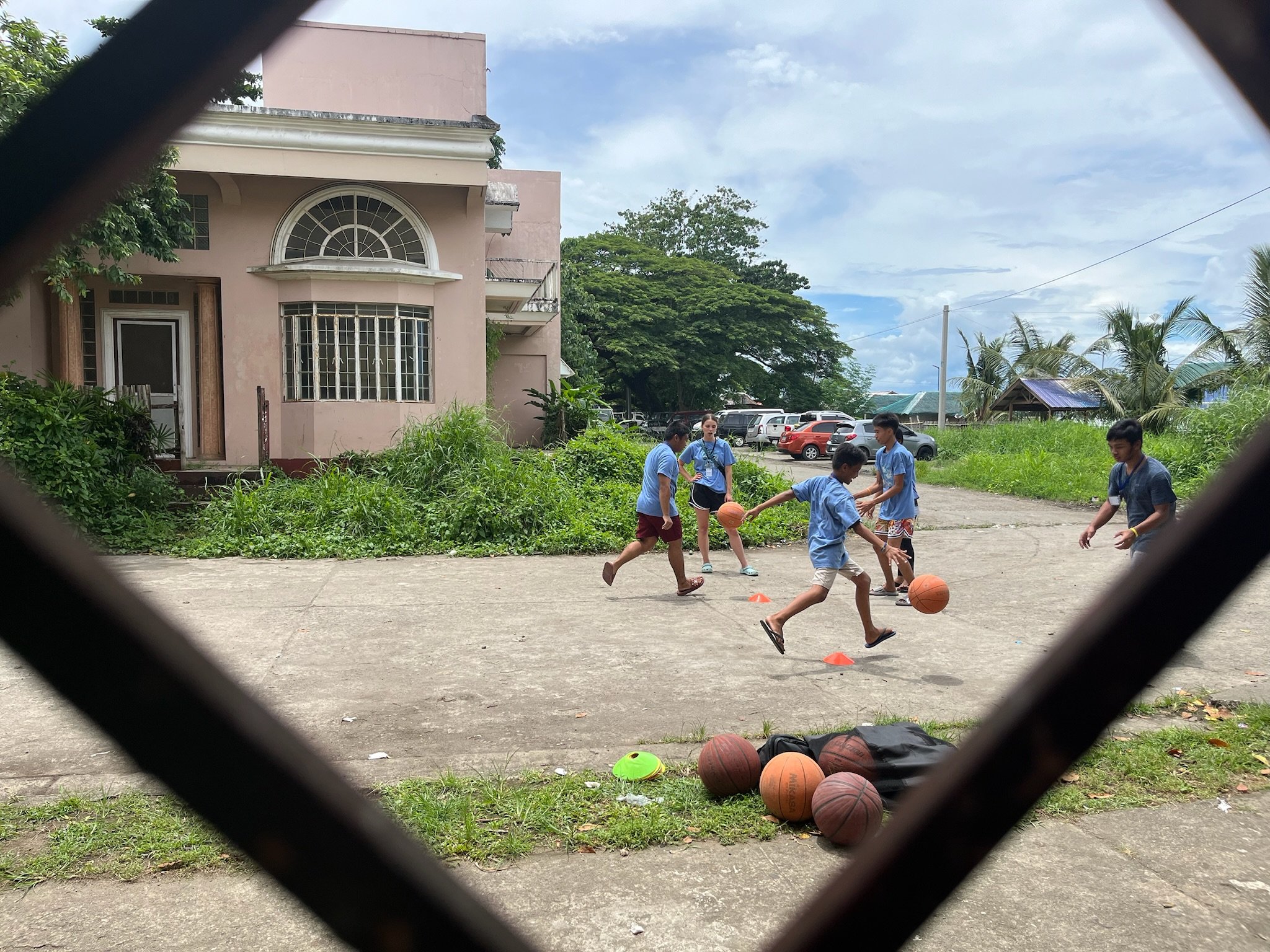From the Field Philippines: Reflecting On Challenges
Written by Simon Liley
The trip so far has been both challenging and special. One of the most difficult things for me so far has been to hold onto the stories I’ve heard as well as the realities of poverty that I’ve seen around the world with the critical lens that God gives us. What I mean by that is that the temptation to turn off my brain and shove down my emotions so that I don’t have to contend with the realities around me has been a temptation.
On one hand, the stories and testimonies I’ve heard from people are incredibly hard—some feel impossible to contend with. That on the other side of some of these stories, it feels like there is no answer, resolve, or healing from the damage done. Many of the people I’m living with and spend time with have extremely difficult lives that are hidden behind smiles, their hospitality, or focus on the tasks we are doing on the day to day. That isn’t to say the sorrow and pain is always bubbling behind a façade ready to burst at any moment. Instead it’s to say that struggle is a reality for most people here and while it does affect people on a deep level, it doesn’t mean that they don’t enjoy life. The reality, too, is that I’m sure there is also a level of shame related to it in the presence of rich Americans.
What this means is that, while the temptation to ignore those realities is there, we as people of God who are required to have compassion. Jesus is often described as being moved by compassion before bringing healing to someone. It is something God demonstrates to us in Exodus 3 when he says, “I know their suffering.” Because of that, I’ve been challenged to keep my mind active and my heart open.
Since I got here, I’ve been developing a relationship with Mark Neil. My initial observations from him were that he is a person who loves people, loves to have a good time, is often bubbling with excitement and enthusiasm, and is an extremely hard worker. These things are true, very true. But the more I’ve gotten to know him, the more I’ve learned about him. My first clue into another side of him was his frequent, silent staring into the distance. I understood this look as I do it often in moments when the grief of losing my Dad or Robert Muñoz or someone else significant in my life. It’s a look, that when I first saw it, I wanted to say something to him, but didn’t know how to begin. So I didn’t, I moved on and focused on other things. But I saw that look from him often and it bugged me that I wasn’t doing anything about it.
I first got a window into his life at a testimony night after our leadership retreat. That night I heard the stories and testimonies of Angelyn, Mark Neil, John Mark, and Jassel. Each one precious and incredibly challenging. Mark Neil grew up extremely impoverishedwith his Lola (Grandmother) where meals were uncertain. He spent his time helping her plant sweet potato’s, gathering grass to dry and make into brooms to sell, and fishing with his uncle to earn some pesos. While life was challenging, he has incredibly fond memories with his Lola. Through that night of testimony, I learned that his Lola and both of his brothers had died. Part of his testimony is that he and his younger sister, Jen Rose, have found a family with Clark and Rina Miller, our cooperatives in the Philippines.
Since then, he has been rooming with me. Upon having context for his life, I began to ask him more questions and it led to me taking the time to share with him my life and the many people I’ve lost in my life and testified to how present God has been through it. This prompted him to open up more about his life. All told he has lost 6 family members throughout his life including both of his parents, both of his brothers, and his Lola.
While many of his experiences are ones that I cannot fully understand, the grief of losing a person prematurely is something I can understand. I can understand the frequent staring into the distance, the desire to distract the mind with other things so as to not have to feel the pain of the moment, and the urge to hide the pain so others can’t see, and also the need to release the emotions bottled up inside but being unsure of how to do it. These are things I’ve done several times in this trip and is something Leafa, our immersion facilitator, challenged me with. I’m so thankful for the example that Leafa set because it’s not only helped me, it’s also given Mark Neil a model. There have been several moments at breakfast tables, in our room together, or somewhere else where I’ve been able to talk him through a moment so that he can feel okay with releasing some of the pent up emotions.
Mark Neil allowing himself to release his emotions in moments has been the intentionality of all of us, but I am so thankful for Leafa who had modeled for us how to ask questions to get past the smiles and to hear the stories of struggle that shaped their lives.





